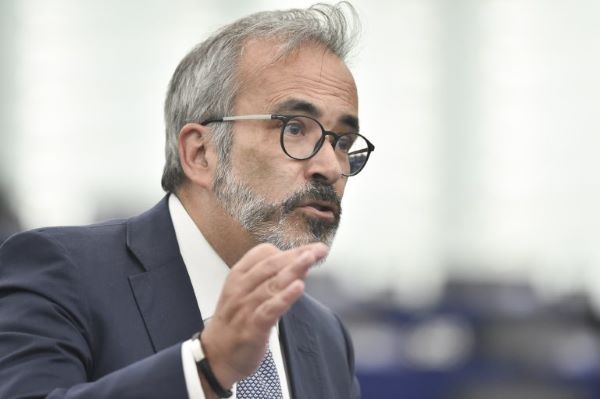Parliament looked into how Treaty provisions on national parliaments’ role in the EU are implemented, tabling proposals to improve democratic decision-making at EU level.
The report, adopted with 453 votes for, 85 against and 95 abstentions, deals with the role of national parliaments in scrutinising governmental activity, developing a European public sphere, reforming the “early warning system” for clashes between EU and national competences, their right of information, and better cooperation. Parliament calls for adequate access to information and transparency of working methods in EU institutions (and the Council in particular, with regards to voting records and positions) and a stronger role for national parliaments on budget implementation and economic policy dialogue. MEPs also propose an annual European Week to allow MEPs, Commissioners and Council Presidency ministers to discuss the EU agenda with parliamentarians from the member states and candidate countries. Mechanisms to improve the application of the principles of subsidiarity and proportionality are suggested, as well as a “green card” procedure, whereby one third of national parliaments will be able to request EU legislative proposals to be drafted. European parties should also gain a stronger role in the political spheres of the member states, aiming towards full interinstitutional cooperation.
Rapporteur Paulo Rangel (EPP, Portugal) said during the plenary debate: “National parliaments are an essential part of European democracy, and so their capacity to act at EU level can and should always be improved. Concerning subsidiarity in particular, we know that there could be more scrutiny of European policies and national governments – which was also reflected in the proposals of the Conference on the Future of Europe. […] National parliaments’ role at the European level is to represent the political diversity in each state, ensuring that different political propositions, beyond the ones that the governments stand for, are brought to the table, and it is in this direction that the report points.”
Through this report, Parliament is responding to a need to bring national parliaments closer to the overall integration process, while taking into account citizens’ expectations as expressed in the proposals of the Conference on the Future of Europe, including proposals 38(4), 39(2), and 40(2).

